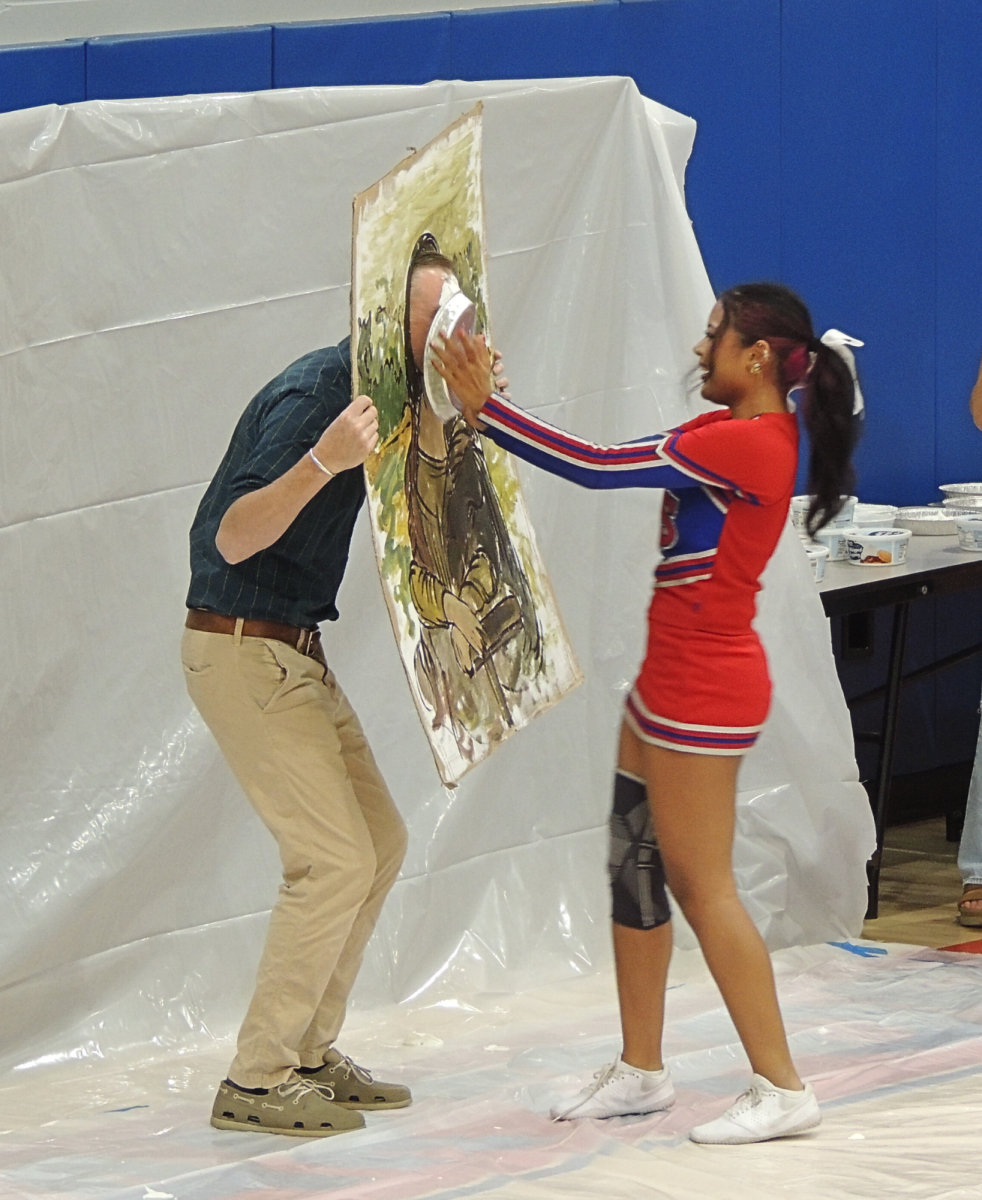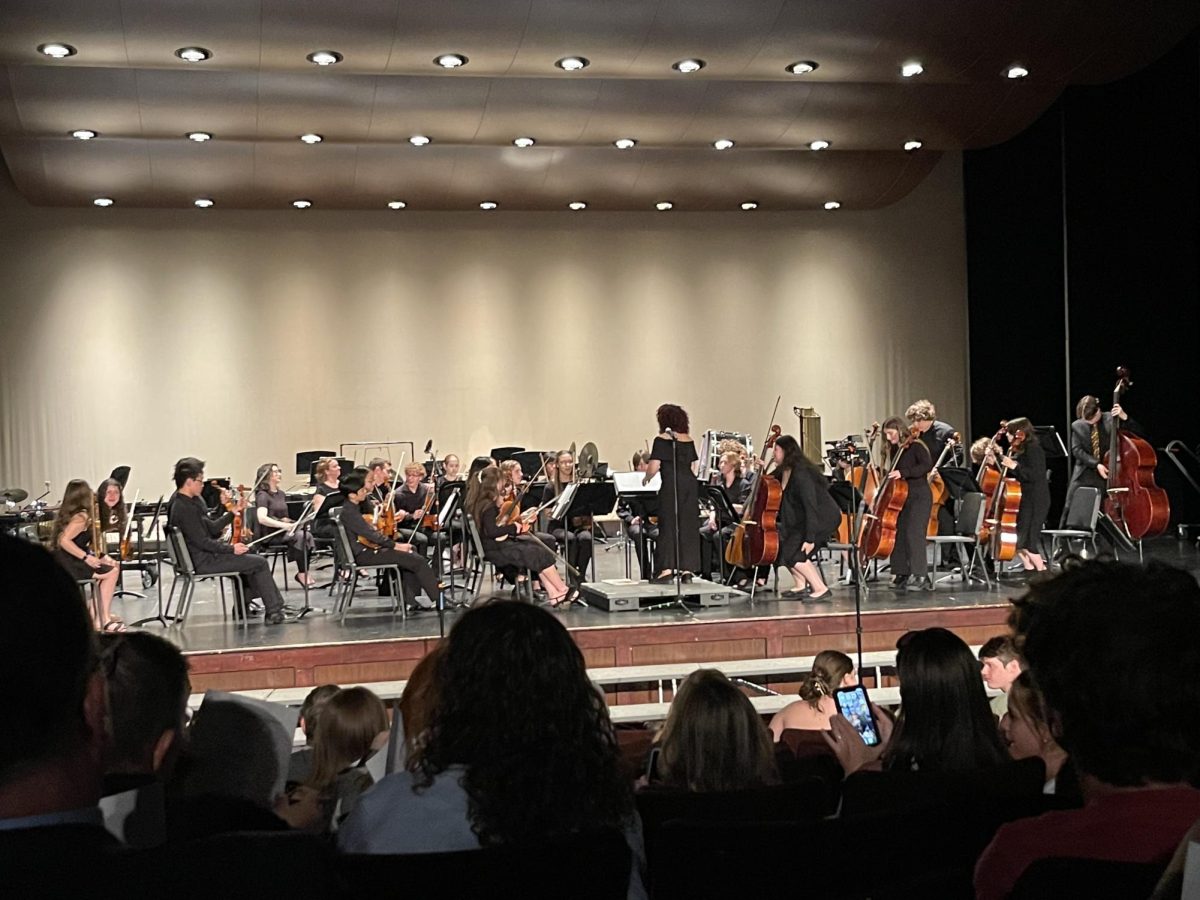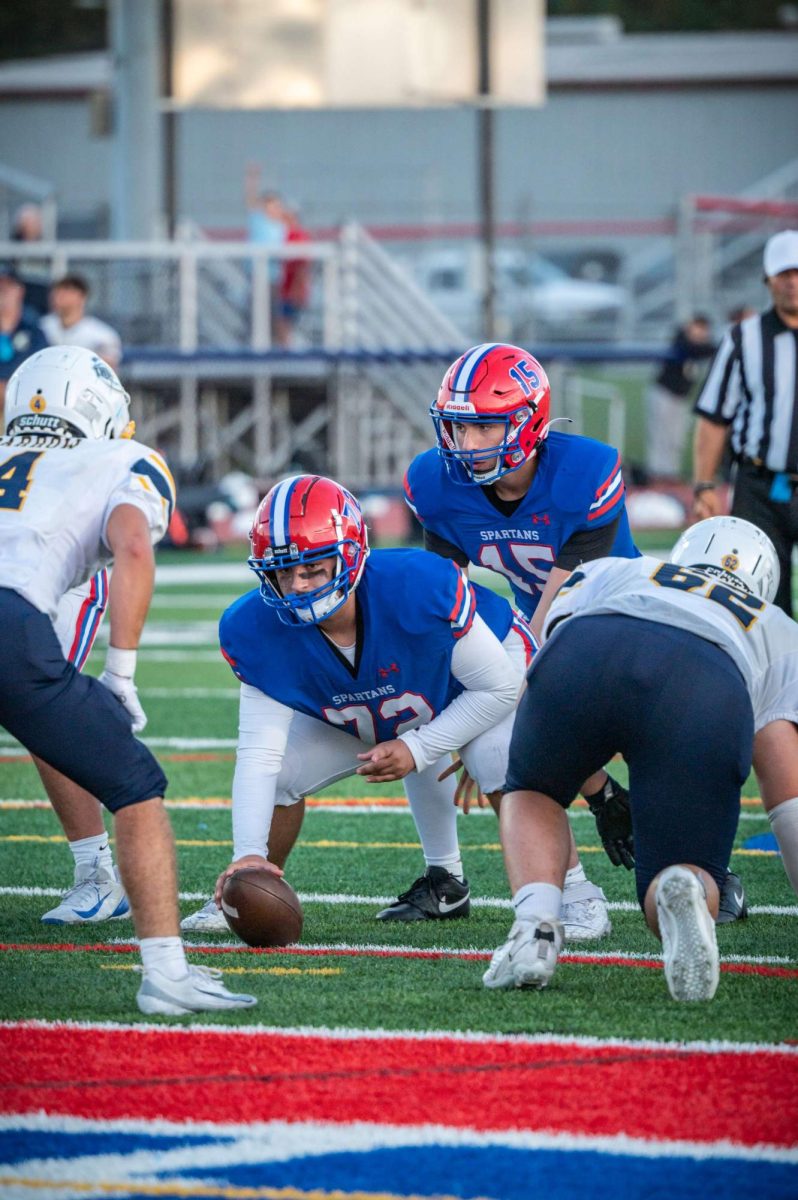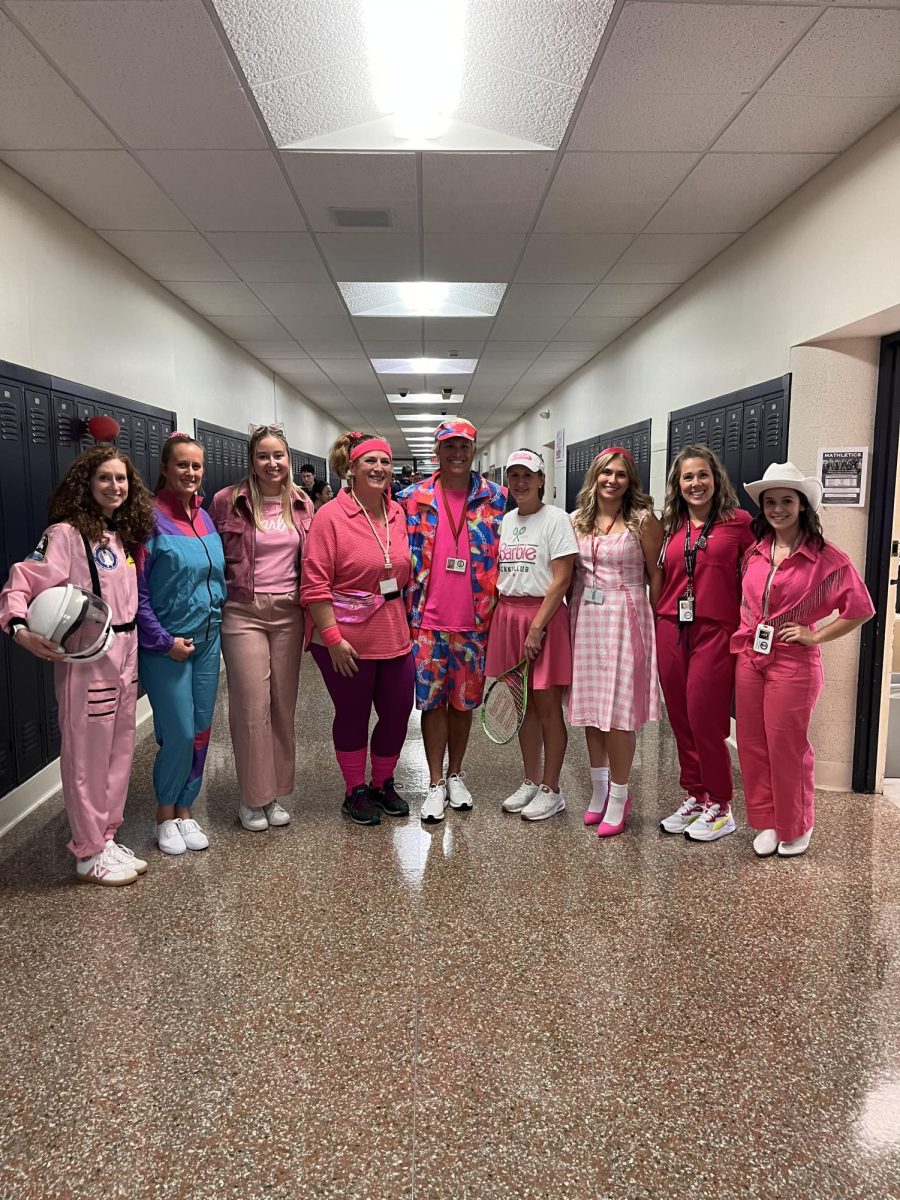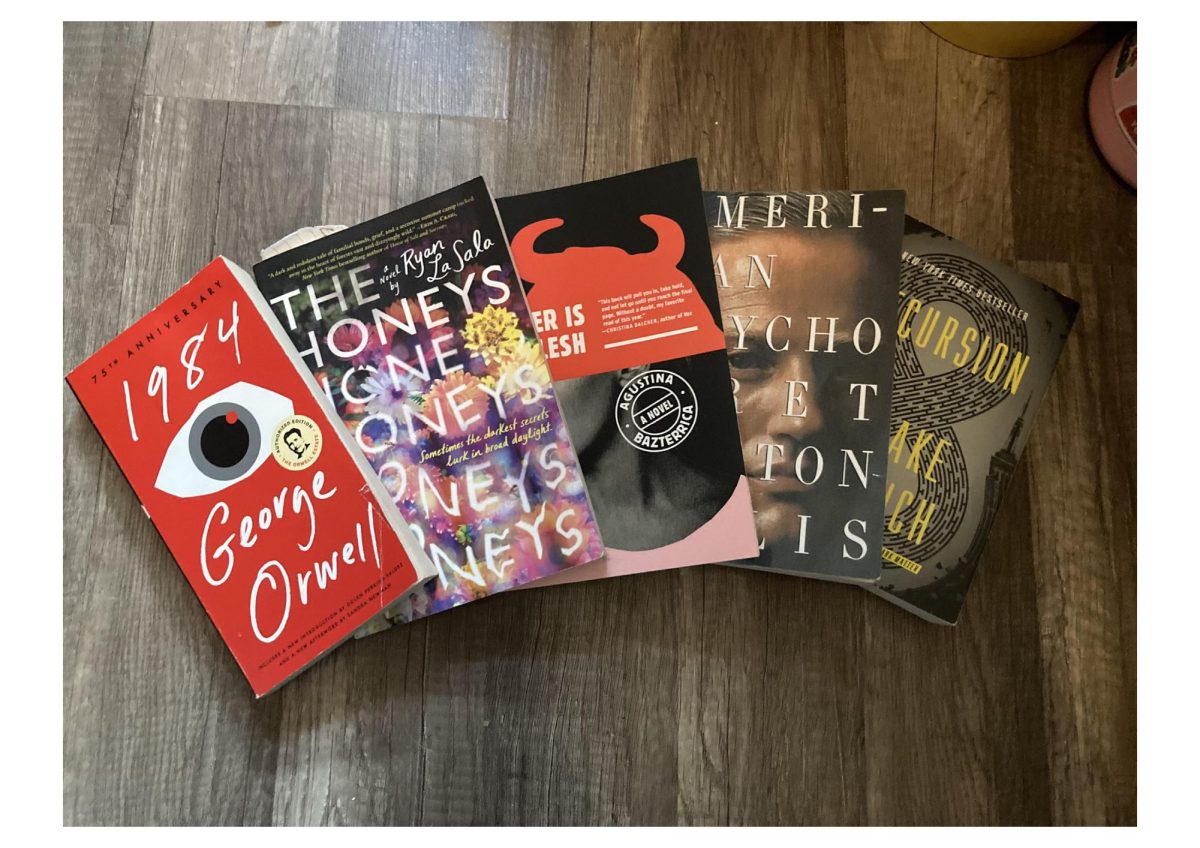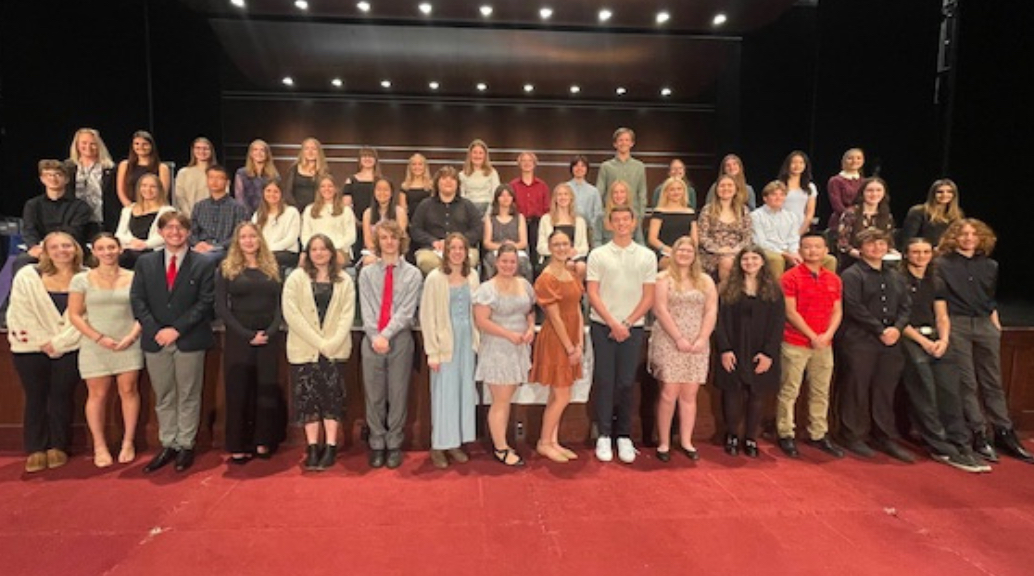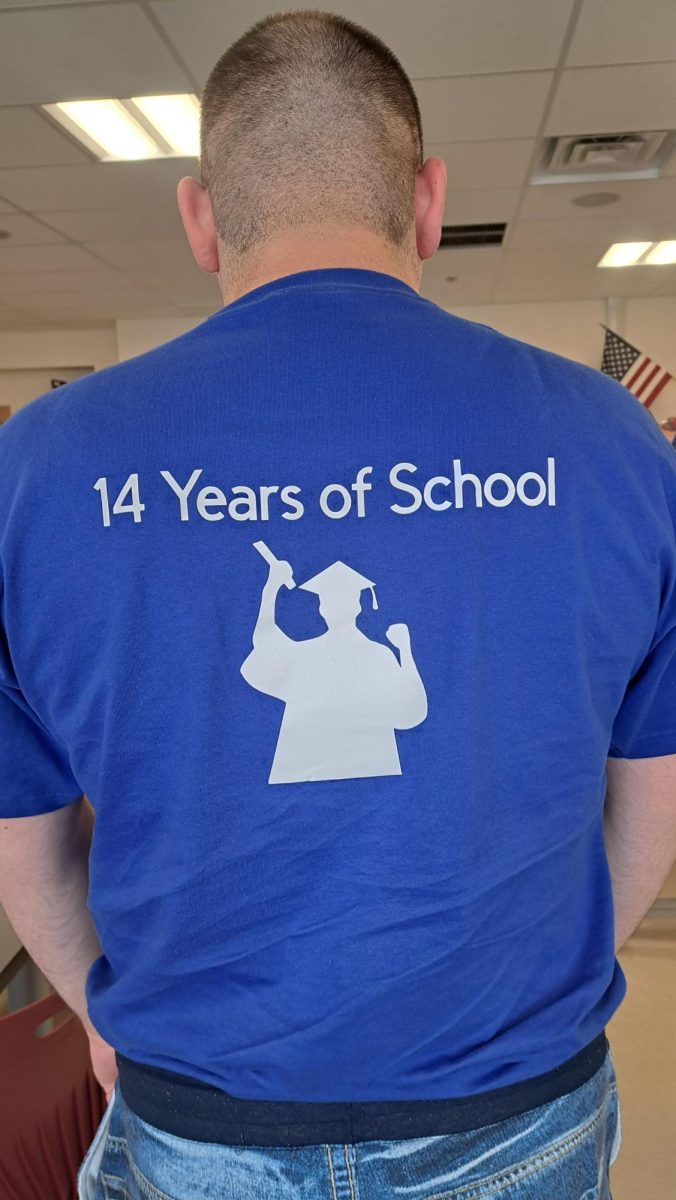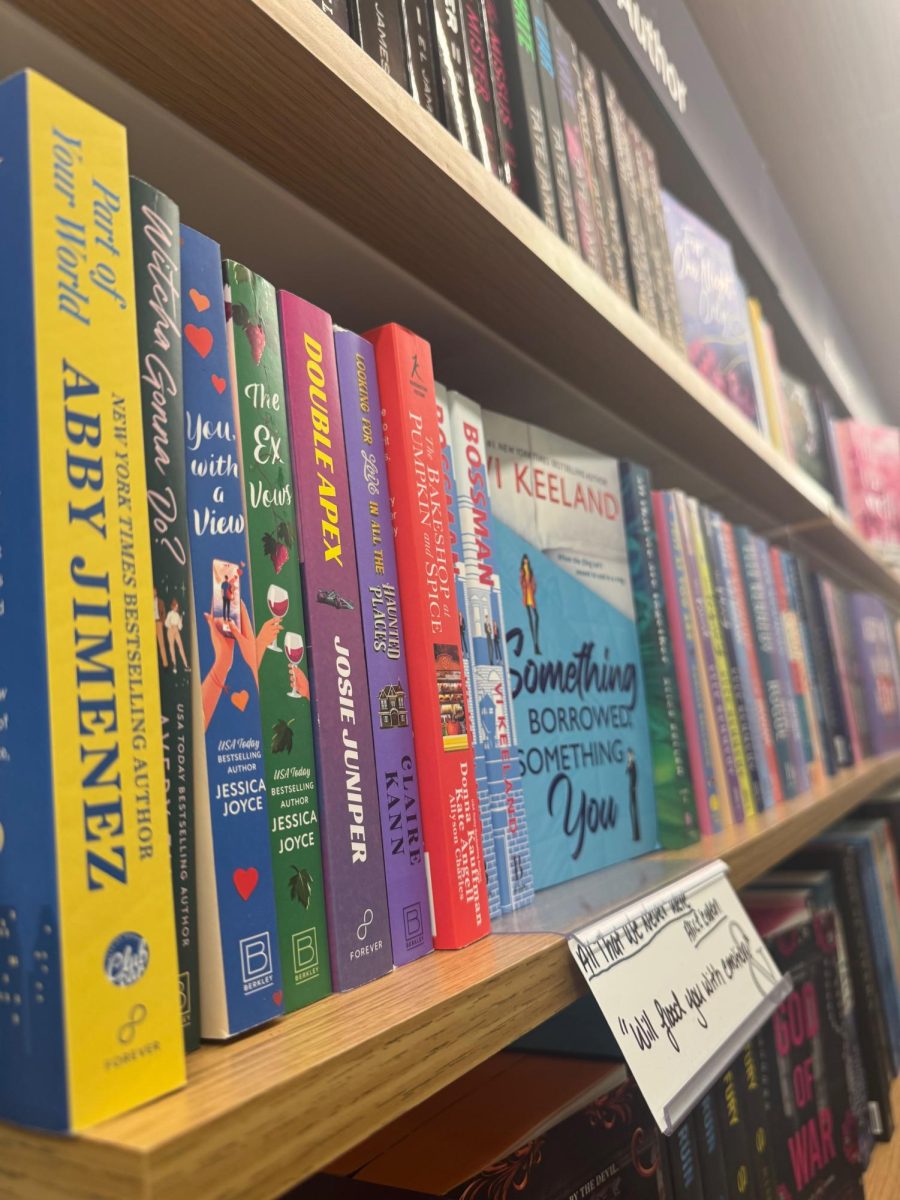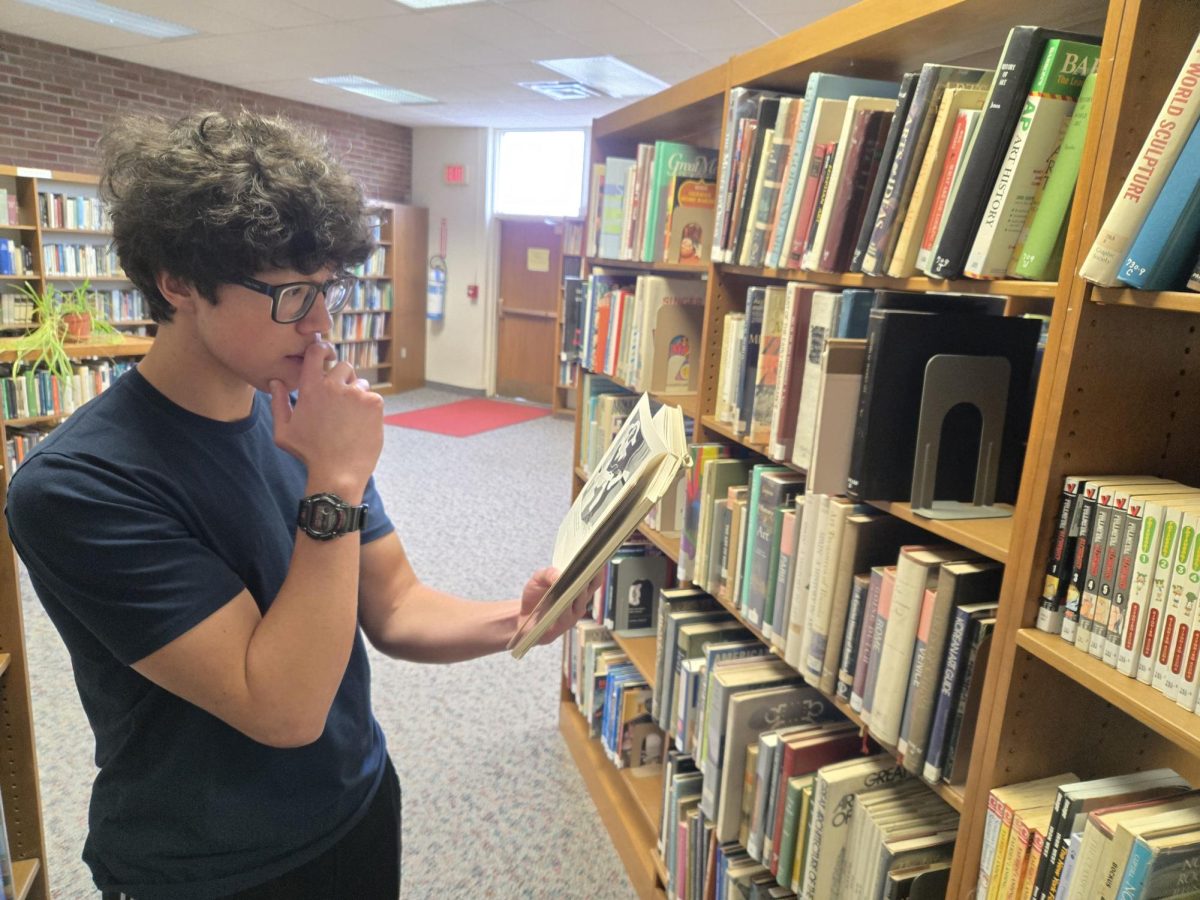In her Atlantic article entitled “The Elite College Students Who Can’t Read Books” Rose Horowitch observed that modern students can’t cope with the massive amount of reading in college. Because of the inability to consume large books, many professors are forced to drop classic pieces of literature from their curriculum. The loss of bigger books is an issue for the overall development of modern day students. Not only does this harm individuals, but also our society as a whole. Students who can’t keep up with larger books have little hope comprehending the foundational documents of democracy.
“Longer texts are important for this [maintaining democracy and natural rights] because in longer texts we witness the unfolding of lives and generations.” Ms. Nugent, a teacher at New Hartford explained. “We see complex chains of cause-effect relationships that unfold over time or that billow outward from one person to another.”
Without experiencing longer works students can’t see these longer experiences that give insight into the nature of cause and effect, informing their moral compasses. In the long term this means that the majority of people will be unable to interpret their own government, and will thus be unable to effectively amend rogue policies.
Donovan Mirabal, a student at New Hartford, when asked how reading affects him outside of classes, echoed Mrs. Nugent’s thoughts.
“I think it gives me some insight into situations that are grounded in reality that form a moral compass that I experience in my everyday life,” Donovan said.
In a research article by Grand Valley State University, it was found that students who often participated in external reading expanded their vocabulary, improved their writing skills, and sharpened their critical thinking skills. The expansion of vocabulary is a very important step that expands beyond the creation of essays.
“When we learn more precise words for our human experience in the world, we learn our world more fully and deeply,” said Ms. Nugent.
This helps in the classroom as students who read more activate what Grand Valley State University calls “metacognition strategies” which makes them more comfortable utilizing their critical thinking. In the modern testing environment these skills are highly prized. Especially on tests like the SAT, reading quickly and grammar comprehension becomes an integral part of success. Students who have been utilizing AI are less able to succeed.
“If you’ve only read AI summaries or LitCharts breakdowns of difficult texts, and then you have to answer questions about difficult texts in a timed setting, you are going to feel like you are drowning,” said Ms. Nugent.
However, reading can also be helpful outside the classroom.
“Now that I started reading I better understand what I’m saying. It definitely helped me with communication and forming bonds with people,” said Donovan Mirabal.
Reading has the potential to do two things in regards to connecting with others. Firstly, it allows for gaining experience from a wider variety of situations, informing what is helpful or hurtful. This can allow people to more easily form an understanding of others. The other thing reading does is give people the skills to effectively communicate their own inner workings and minimize misunderstandings.
Thus reading carries with it a gambit of positive effects that society is in danger of losing. Spanning from the most fundamental ability to interpret the government to performing well in school and forming positive connections with others.
